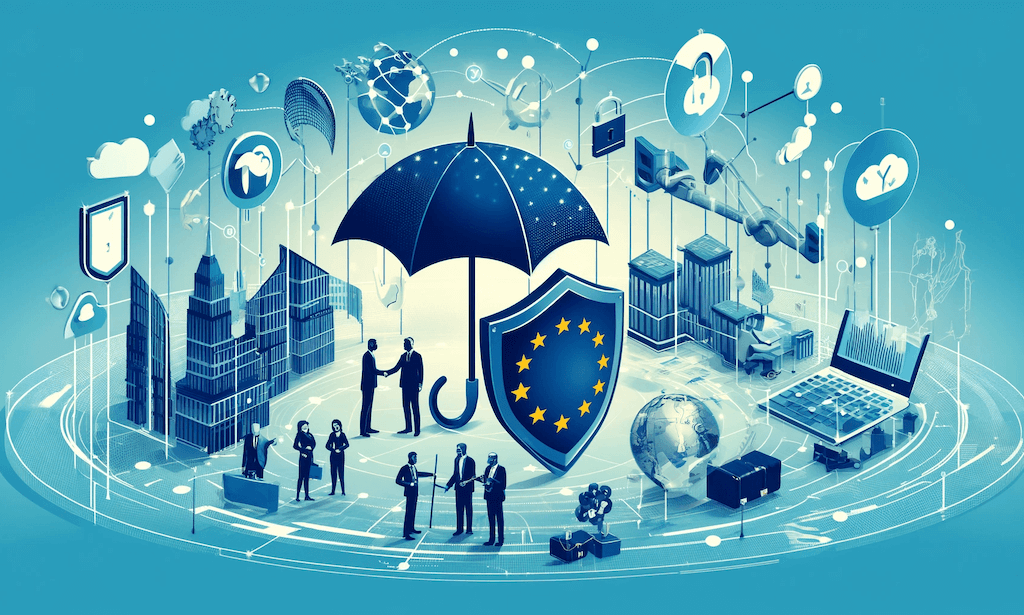EU Whistleblower Directive: Navigating New Requirements with Support


Resource2024 | Image generated by ChatGPT
The EU Whistleblower Directive introduces comprehensive changes aimed at protecting whistleblowers across the European Union, creating a unified legal framework that organizations must navigate. This pivotal regulation underscores the importance of internal reporting channels and mandates organizations to implement robust mechanisms for protecting whistleblowers from retaliation. As businesses work to comply with these new requirements, understanding the scope of the directive and seeking external support for implementation becomes essential.
Embracing the Directive’s Intent
Organizations are encouraged to view the directive not just as a regulatory hurdle but as an opportunity to strengthen their ethical framework and corporate culture. This involves creating a safe, anonymous, and effective reporting environment that encourages employees to voice concerns without fear.
Seeking External Support
Given the complexities of the directive, seeking external support from compliance experts and legal advisors can provide organizations with the insights and tools needed to align their policies with the new requirements. This support is crucial for navigating the intricacies of the directive and ensuring that whistleblower protection mechanisms are both compliant and effective.
Implementing Best Practices
Adopting best practices in whistleblower protection involves more than just meeting the minimum legal standards. Organizations should aim to create a culture of openness, where reporting misconduct is seen as a positive action for the company's integrity. Regular training, clear communication about the reporting process, and visible leadership support are key components of a successful implementation.
Conclusion
The EU Whistleblower Directive challenges organizations to enhance their approach to whistleblower protection and internal reporting. By embracing the directive’s intent, seeking external support, and implementing best practices, businesses can not only comply with the new requirements but also foster a culture of transparency and integrity.